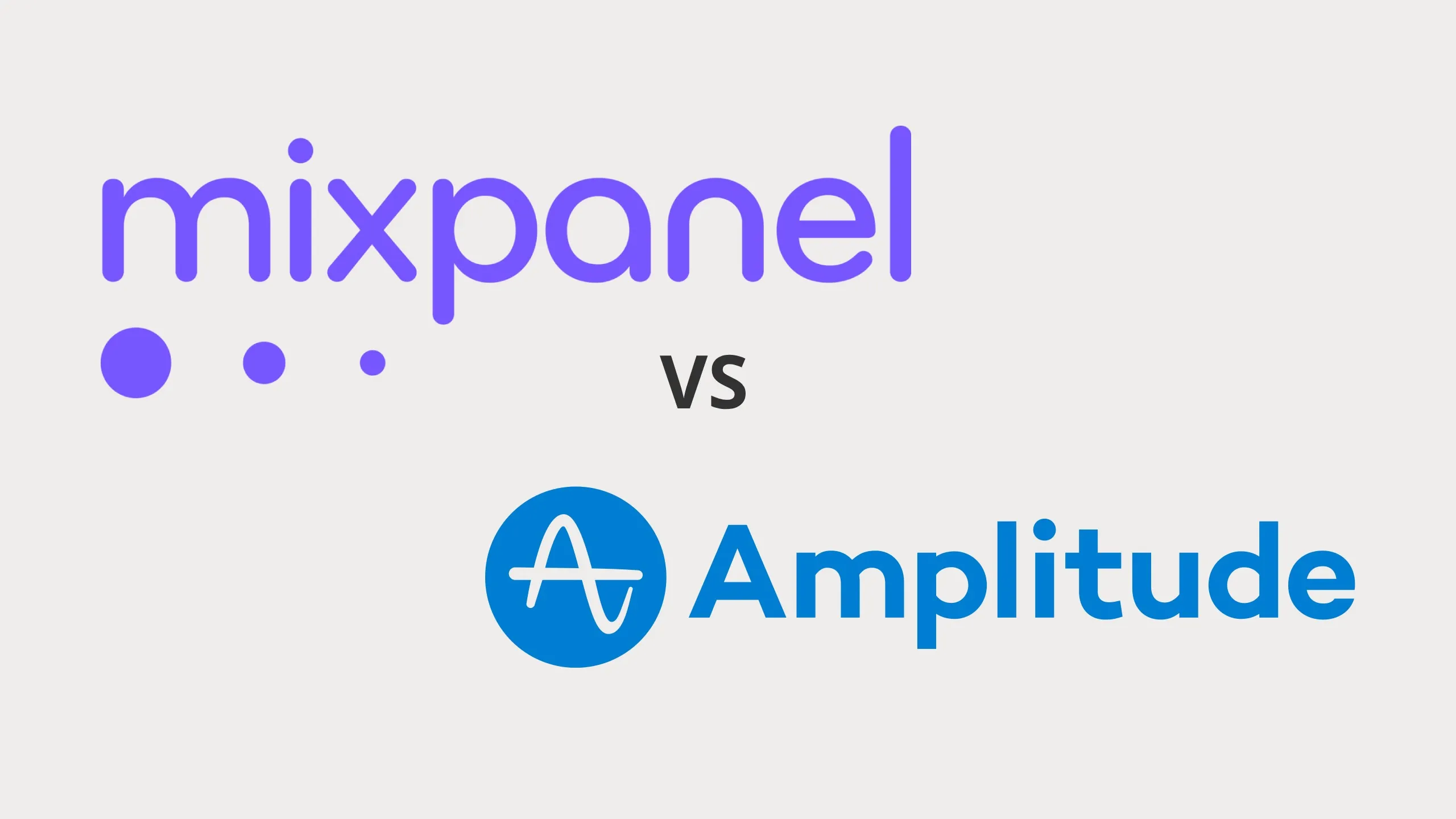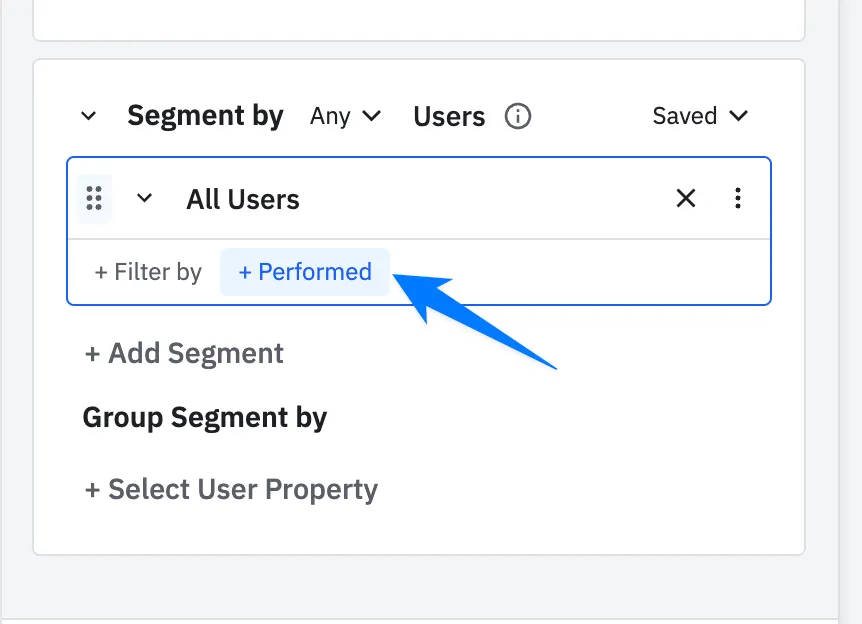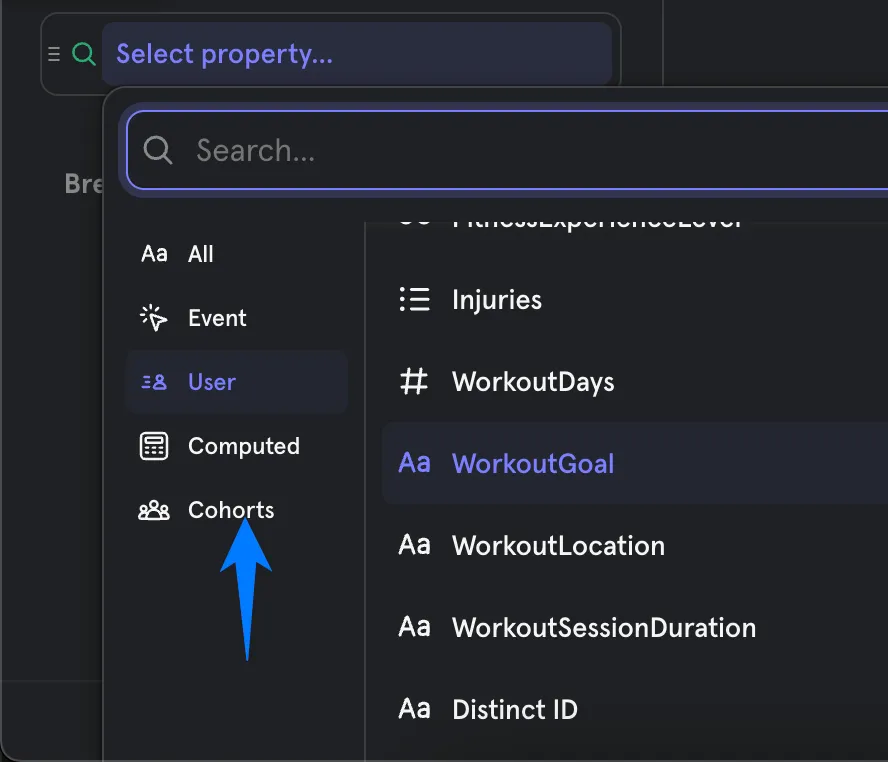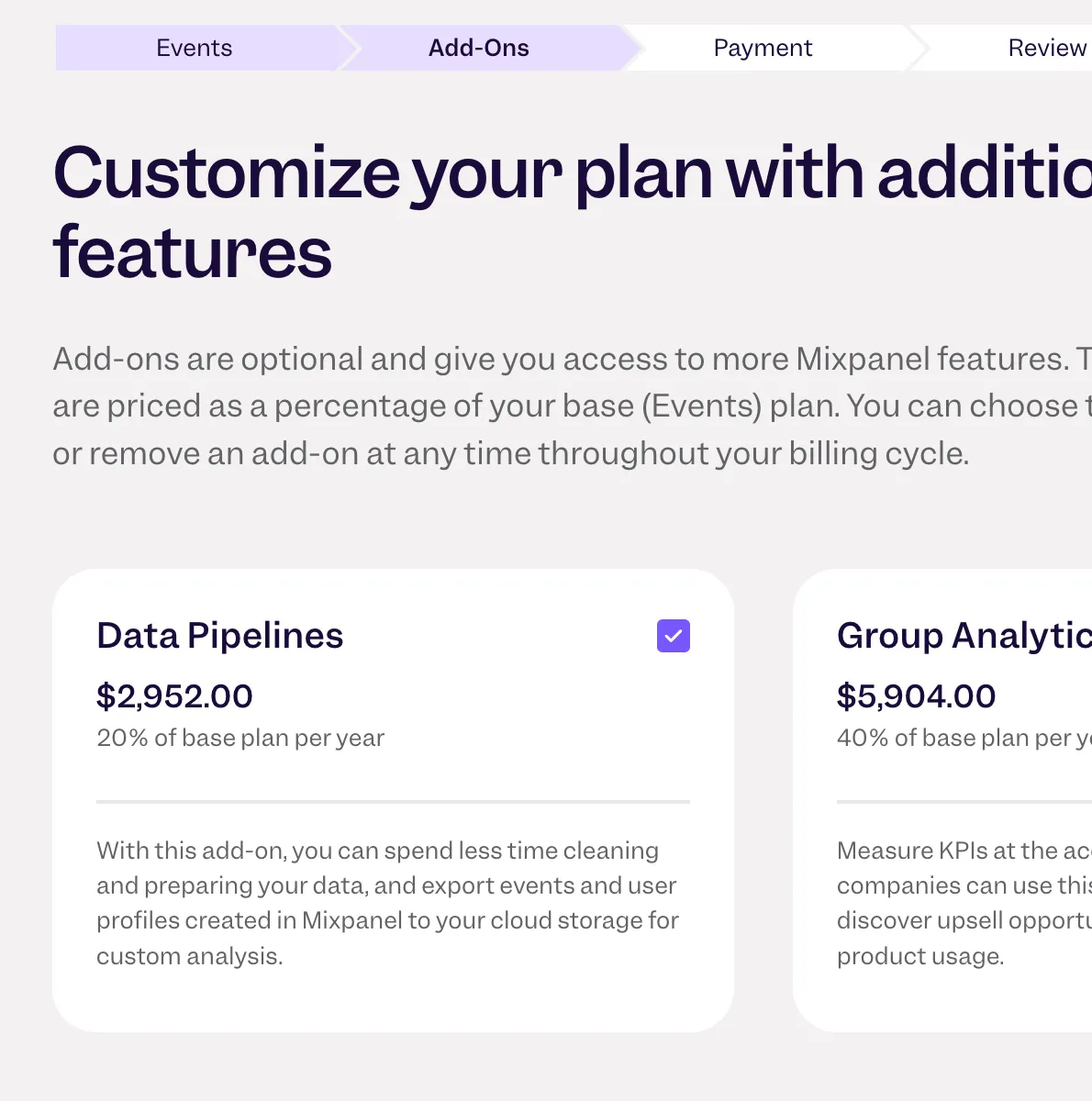Deciding between Amplitude and Mixpanel

I have been using Amplitude as my primary analytics tool due to its generous free tier. However, when it came time to upgrade, cost became a significant consideration. This led me to explore Mixpanel as a potentially more cost-effective alternative, offering similar features at approximately 50% less cost.
Why Amplitude?
Despite the cost difference, there are several compelling reasons why I chose to remain with Amplitude.
Where Amplitude Shines
Session Replays
Amplitude’s session replay feature functions similarly to HotJar, allowing you to analyze user journeys and understand how users interact with your product. While there is a 10,000 session cap, Amplitude offers targeted session capturing, enabling you to strategically focus on specific interactions and maximize the utility of this feature.

On the Fly Cohorts
One of Amplitude’s standout features is the ability to create user segments dynamically in real-time during data visualization creation. This allows for flexible and immediate analysis without the need for pre-planning.
In contrast, Mixpanel requires you to create cohorts separately before you can apply them to charts, which can slow down your analysis workflow.

Feature Flags System
Amplitude’s feature flags capability unlocks enhanced personalization for diverse businesses and streamlines feature rollouts. This enables product managers to manage beta testing and gradual releases without requiring engineering involvement, making it easier to test new features with specific user segments.
Data Warehouse Integration
Amplitude includes data warehouse integration at no additional cost, allowing you to export and sync your analytics data with your data warehouse seamlessly.
In contrast, Mixpanel charges for this functionality via their “Data Pipeline” add-on, which can significantly increase costs for companies that need this integration.

Additional Insight Charts
Amplitude provides specialized charts designed to show correlations between user engagement and specific features. These charts are analyzable by distinct cohorts, making it easier to derive actionable insights and understand how different user segments interact with your product.
Conclusion
While Mixpanel is an excellent choice for companies needing basic analytics scaling at a lower cost, Amplitude’s comprehensive feature set justifies the higher price point for our specific needs. The combination of session replays, flexible cohort creation, feature flags, included data warehouse integration, and advanced insight charts makes Amplitude the right choice for our analytics requirements.
Last modified: 5 Feb 2026